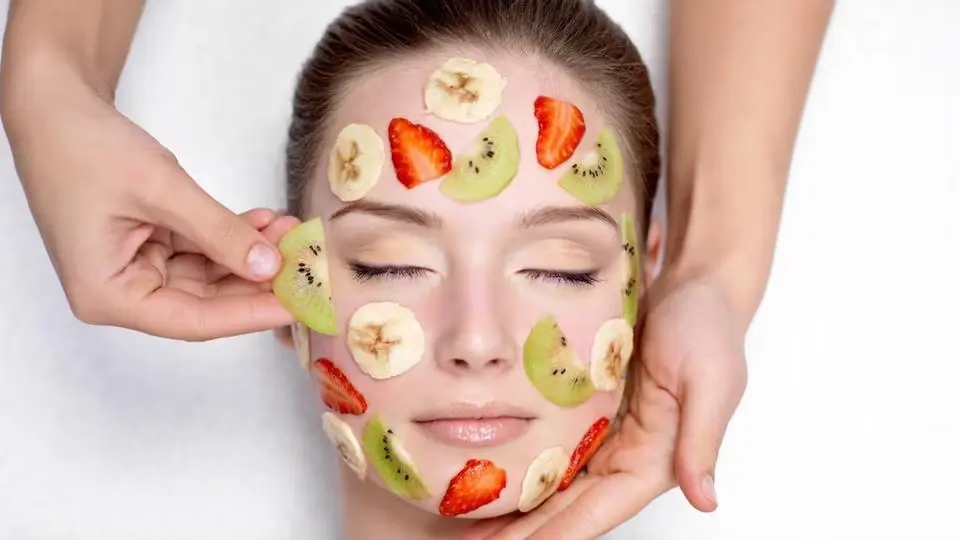Your skin, the largest organ of your body, is a silent communicator. It reveals stories of your lifestyle, habits, and overall health. When your skin feels parched, it’s like a distress signal asking for help. But deciphering whether it’s genuinely dry or just in need of a hydration boost can be perplexing. Let’s dive into the world of skin SOS and learn how to differentiate between dryness and thirst.
Understanding Dry Skin:
Dry skin is a skin type characterized by the lack of natural oils or lipids. It’s a genetic predisposition, and people with dry skin tend to have fewer oil-producing glands. The skin’s barrier function is compromised, leading to loss of moisture and a tight, flaky, or even itchy feeling. Dry skin is a chronic condition that requires constant care and attention.
Signs of Dry Skin:
- Rough Texture: Dry skin often feels rough and uneven to the touch. The lack of moisture can lead to the accumulation of dead skin cells on the surface.
- Tightness: After cleansing, if your skin feels uncomfortably tight, it’s a sign of dryness.
- Flaking and Peeling: Dry skin is prone to flaking and peeling, especially in colder months.
- Itchiness: Dry skin tends to be itchy, as the lack of moisture can irritate the skin’s surface.
- Fine Lines: Premature fine lines can appear due to the loss of elasticity caused by dryness.
Understanding Dehydrated Skin:
Dehydrated skin, on the other hand, is a temporary condition caused by a lack of water. Even oily skin types can experience dehydration. Factors like weather, environment, diet, and lifestyle can contribute to dehydrated skin.
Signs of Dehydrated Skin:
- Dull Appearance: Dehydrated skin looks lacklustre and tired. It may appear dull and uneven.
- Increased Sensitivity: Dehydrated skin is often more sensitive and reactive to external factors.
- Fine Wrinkles: Fine lines can appear due to the lack of water, making the skin lose its plumpness.
- Sunken Eyes: Dark circles and sunken eyes are indicators of dehydrated skin.
- Increased Oiliness: Paradoxically, dehydrated skin can trigger an overproduction of oil as the skin tries to compensate for the lack of moisture.
Nurturing Your Skin:
For Dry Skin:
- Hydration: Use a rich, creamy moisturizer to lock in moisture.
- Avoid Harsh Products: Opt for gentle, hydrating cleansers and avoid products with alcohol and fragrance.
- Regular Exfoliation: Exfoliate to remove dead skin cells, but don’t overdo it.
- Healthy Fats: Consume foods rich in healthy fats like avocados, nuts, and fatty fish.
For Dehydrated Skin:
- Water Intake: Drink plenty of water throughout the day to keep your skin and body hydrated.
- Humectant-Rich Products: Look for skincare products containing hyaluronic acid and glycerin, which attract and retain moisture.
- Sheet Masks: Hydrating sheet masks can provide an instant hydration boost.
- Balanced Diet: Consume water-rich foods like fruits and vegetables for internal hydration.
Conclusion:
Caring for your skin requires understanding its unique needs. While dry skin is a more long-term concern linked to genetics, dehydrated skin is often a result of external factors and can be managed with lifestyle adjustments. Listen to your skin’s SOS signals, provide it with the care it deserves, and watch it glow with health and vitality.
Remember, consulting a dermatologist or skincare professional can provide personalized guidance for your skin’s specific needs. So, whether your skin is dry or thirsty, nurturing it with love and care is the key to maintaining its radiant beauty.
![]()



